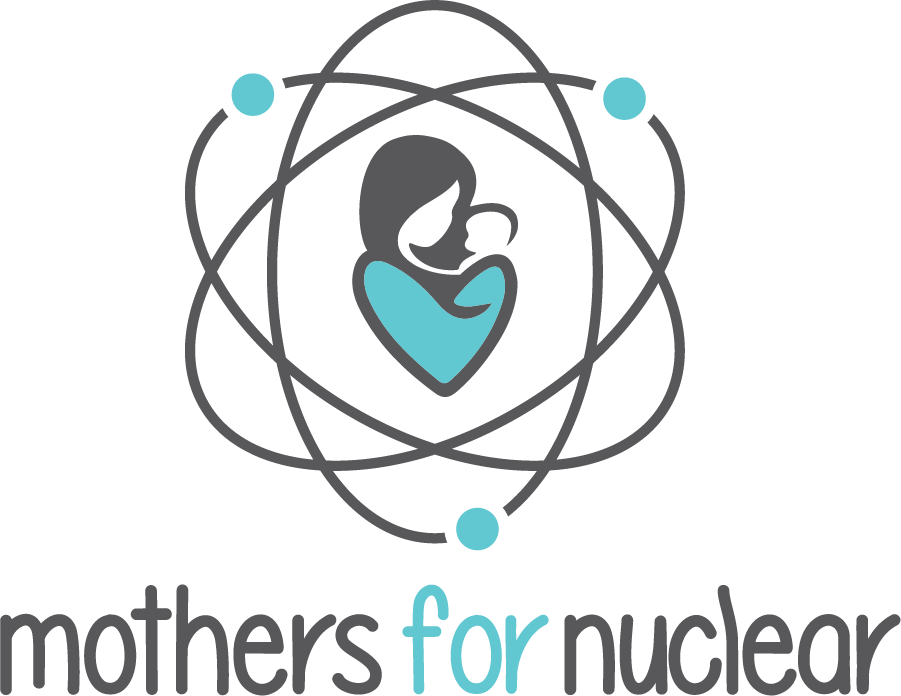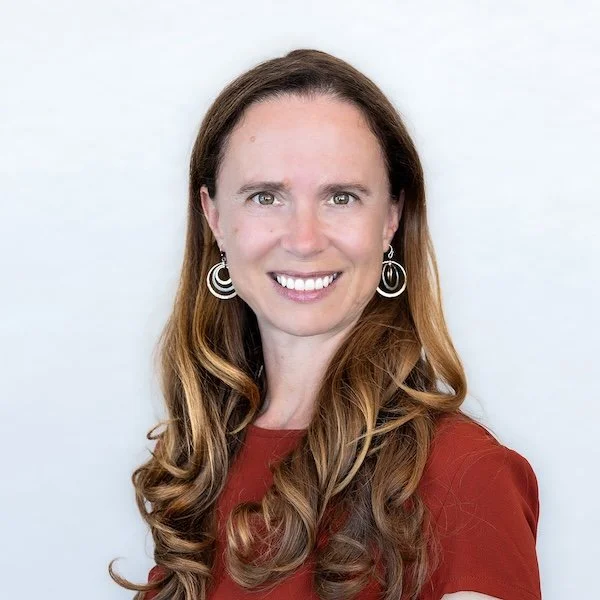Elizabeth Muller
Nuclear Advocate, Founder of Deep Fission, Deep Isolation, and Berkeley Earth
Meet Liz Muller, the nuclear entrepreneur who believes her businesses can fight climate change.
Elizabeth Muller proudly displays a “I work in nuclear power” license plate in Berkeley, long a harbor of anti-nuclear politics. When Muller grew up in Berkeley, all of her friends were anti-nuclear. Today, she said, people are more curious about the energy source.
Muller founded Deep Fission in 2024, a startup building small modular pressurized water reactors placed in bore holes, and chairs Berkeley Earth, a widely respected source of data on climate change. As a nuclear advocate and entrepreneur, Muller wants to solve the “nuclear waste problem” (through Deep Isolation), and develop an innovative new type of SMRs.
Muller hiking with her family.
Nuclear physics entered Muller’s life early on; her father, a professor of nuclear physics, was mentored by Luis Alvarez, the 1968 Nobel Prize in physics winner that helped operate Chicago Pile-2, and worked in the Radiation Laboratory of MIT. Muller said she was “immersed in the controversy” early on.
Yet, it would take a move to France to shift Muller’s perspective and inspire her towards active nuclear advocacy. The general consensus among the population in France was strongly in favor of it - people told Muller that it’s clean, it’s reliable, it’s secure, and it’s always on. Hearing French support allowed Muller to realize Berkeley is not the center of the world and that there are people that support nuclear energy.
“At the time, climate change was also becoming more of a concern globally, not just climate change, but also energy security and energy reliability and sort of all of the things that are that are related,” Muller said. “When I moved back to the United States, I think my my question was if we really want to solve this, nuclear just felt like the answer, and it felt like we needed to do a lot more to address the concerns around nuclear power in order to be able to address climate change and energy security and all the rest.”
As Muller explored nuclear advocacy, she said she could not ignore nuclear waste, one of the main concerns of the public and anti-nuclear activists. The nuclear industry claims waste is compact, safely stored, and has never hurt the public. Muller still believes there is a need for more permanent solutions.
“As much as I want to see more and more nuclear power, I also feel like we got to address the nuclear waste problem,” Muller said. “And it's shameful that we as a country and we as a world really have still never disposed of high-level waste or spent nuclear fuel. That's shocking, and we need to change that. And that led directly to the breakthrough that led to deep isolation.”
Deep Isolation, formed in 2015, aims to use bore holes, a mile or more under the surface, with layers of shale, that have had no contact with the surface for millions of years, as a nuclear waste disposal solution. Muller sees this as a broader solution to waste because with modern drilling techniques, bore holes can be drilled directly at the site of the waste, preventing the need to transport it to a larger facility.
Muller hiking with her father Rich, who she has co-founded several companies with.
Large facilities like Yucca Mountain are a reflection of the science of the 1970s and 80s Muller said, and can safely contain waste, but require long build times and are subject to political volatility and opposition.
“You can dispose of the waste where it is right now, and you can go deeper [with bore holes], which gives you greater geologic flexibility, greater safety margins,” Muller said. “You don't need people underground. And it also means that you can do this much faster, and it's just a tiny fraction of the cost of mine repositories.”
Along with addressing nuclear waste, Muller organized Berkeley Earth, an independent nonprofit, as a way to produce authoritative, transparent data on climate. The organization provides land, ocean, and temperature data, free for the public.
“It was completely transparent, open, you could do your own analysis of the data,” Muller said. “It succeeded in doing that [and] confirms global warming is real and human caused. It's really one of the institutions used by the IPCC and the New York Times as one of the best sources of data on climate change.”
Deep Fission emerged directly out of the Deep Isolation work, when the team concluded that fresh fuel placed in a bore hole could not go critical. Deep Fission aims to place small modular pressurized water reactors, one mile underground in narrow boreholes, using geological rock as a natural shielding and containment device.
Bore holes, filled with water, not only provide containment, they provide around 160 atmospheres of pressure, suitable for a pressurized water reactor and they provide cooling (including emergency cooling). Because Deep Fission does not have to construct a containment dome and a massive pressurizer, Muller said the start-up is saving between 80-90% of the total cost of traditional nuclear plant builds.
Muller’s climate advocacy is driven by the belief that entrepreneurial pursuits are the most effective way to make change in the world; something her several businesses attest to.
“I believe that if you really want to do something big that will change the world, the best way to do that is to create a company,” Muller said. “Growing up in Berkeley and seeing all my friends do all these marches, I support them, but I also feel like it's not enough. We can't depend on anyone else to do the work for us, marching and then asking the government to take care of it. I fundamentally believe that working through the companies that I've founded is probably the most productive way that I can advocate for these beliefs.”
Muller with her family, including her two children, on a boat.
The mother of a 15-year-old girl and an 11-year-old boy, Muller said she wants to make the world a better place and find a solution for following generations.
Moving forward, Muller said she wants to see progress on nuclear waste disposal in the next couple of years and a breakthrough that will allow nuclear energy to power data centers, remote communities, and people without access to electricity.
Muller said if nuclear can demonstrate that it can be cheaper than natural gas and coal, it would rapidly accelerate a global acceptance of nuclear energy.
“Nuclear is clean, it's reliable, it's always on - [I support it for] all those reasons. I think there's no hope of addressing climate change without nuclear power,” Muller said. But it's more than that, too. I think power is everything. It's economic development, it's life, ability to live the life that you want. And we need clean, reliable power for all of that. So really, it's a core belief that we absolutely must have nuclear for the world to continue to develop in the way that we want.”
Article by Jack Austin




